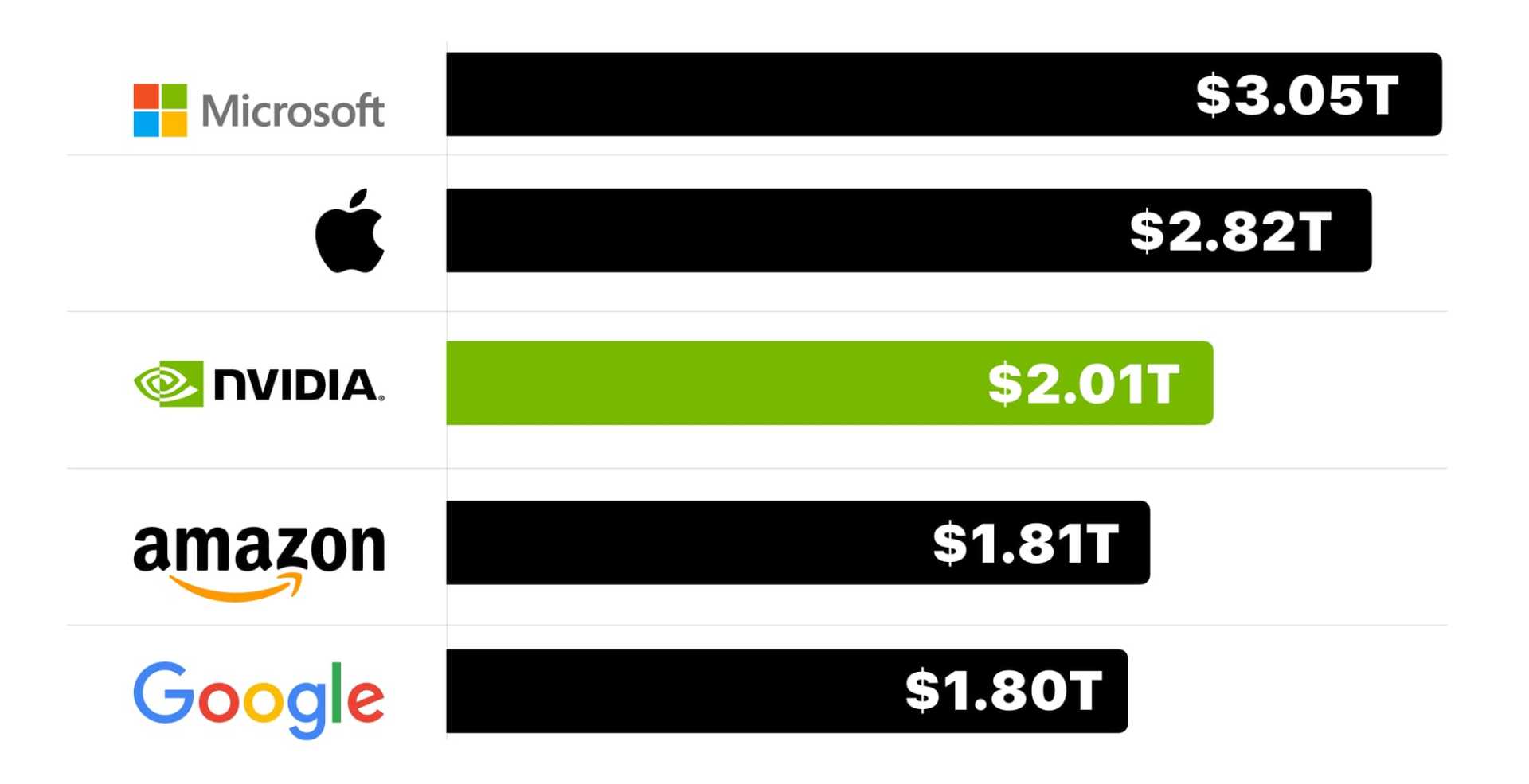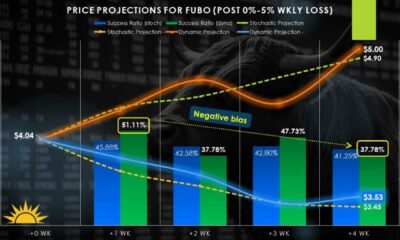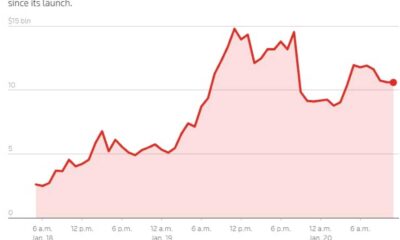Business
Nvidia, Microsoft Near $4 Trillion Market Cap Amid AI Boom

BENGALURU, India — Nvidia Corporation and Microsoft Corporation are on track to become the first companies to hit a $4 trillion market cap this summer, according to Dan Ives, the global head of technology research at Wedbush Securities. The surge in market value is propelled by the growing demand for artificial intelligence (AI) technologies.
Ives noted that both companies have rebounded impressively this quarter, overcoming earlier concerns regarding China export controls and global tariff issues. The renewed investor optimism is largely attributed to ongoing innovation in AI and significant investments in AI infrastructure by both companies.
Ives stated in a recent client note, “The poster children for the AI revolution are led by Nvidia and Microsoft as both are foundational pieces of building on the biggest tech trend we have seen in our 25 years covering tech stocks on the Street.”
Last week, Nvidia saw its shares rise for five consecutive days, marking a 16% increase for the month and a 44.5% gain for the quarter. Microsoft also enjoyed a strong performance, with an 8% monthly gain and a 32.5% increase for the quarter.
As of last week, Nvidia’s market cap stood at approximately $3.83 trillion and Microsoft’s at $3.69 trillion. Ives highlighted Nvidia’s critical role in the AI ecosystem, estimating that for every dollar spent on Nvidia, there is an $8 to $10 multiplier effect throughout the tech sector.
<p“I believe Nvidia is the foundation for the AI revolution,” Ives added, praising CEO Jensen Huang for his pivotal leadership in AI demand and the appetite for Nvidia’s AI chips. However, he also acknowledged the role of other major players in the space, such as Microsoft, Google, and Amazon.
The growing influence of AI is impacting various sectors, particularly cloud services with offerings from Amazon Web Services and Google Cloud Platform, set to gain traction leveraging AI capabilities.
<p“It’s all about the use cases exploding which is driving this tech transformation being led by software and chips,” Ives concluded.












